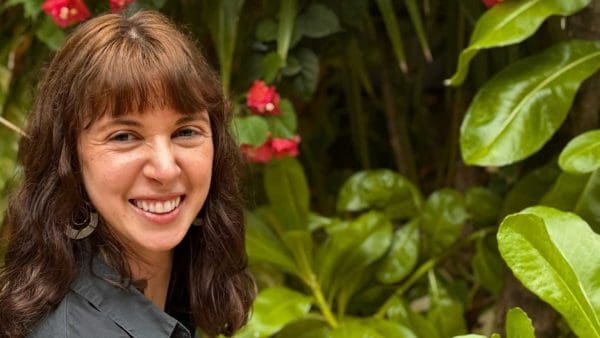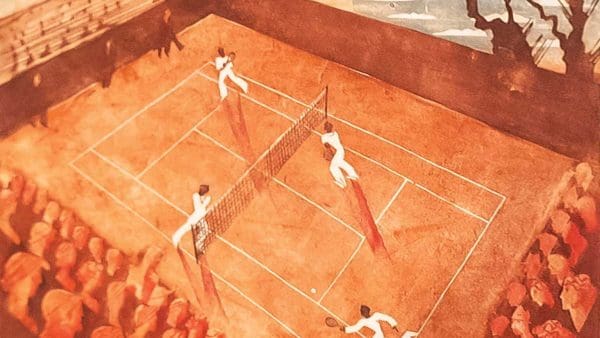
The ancient people who populated South Asia’s Indus Valley more than 4,000 years ago were sophisticated water-management pioneers. Not only did they develop the first enclosed sewer pipes and freshwater systems allowing sizable cities to flourish, they are also credited with creating an early version of the first flush toilet.
Today, most of this region is within Pakistan, an increasingly parched nation that needs all the breakthrough water technologies it can get. The International Monetary Fund ranks it the third most water-stressed country in the world, with population growth and climate change contributing to the crisis. Making matters worse, as water gets drawn from deeper and deeper underground, it often comes up contaminated with arsenic.
Sophomore Shahmir Ali, double majoring in public health studies and political science, is exploring how teaching high school students in his native Pakistan about the region’s ancient approaches to water and its contemporary challenges might empower the country’s next generation of public health professionals to solve the water woes.
“I’m designing a course on water management in Pakistan from ancient and modern perspectives. I’m going to see how I can try to combine a curriculum of history and cultural heritage with a more standard public health curriculum,” he says.
The course will be recorded on video and include interactive animations as well as interviews with water management experts at Johns Hopkins and other institutions. In the fall, it will be presented to about 50 students in a school in Lahore, Pakistan. Ali is an unabashed champion of an interdisciplinary approach to education, particularly when it comes to public health, which he says is not a “standard subject” and can be seen as a “spread-out concept” that’s hard for students to grasp. “I want to see if the incorporation of a historical perspective will make them more interested in the subject matter,” he says.
The history, at the very least, can be inspiring. “They will see that the people in Pakistan have found innovative ways to deal with these issues throughout history, and it’s almost a tradition to deal with such problems,” he says. “No, we can’t implement ancient ideas with today’s population of millions, but the drive to solve water issues is an aspect of our cultural heritage that we should embrace.”




